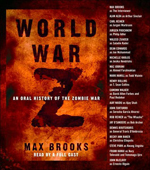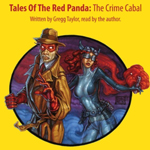
 The SFFaudio Podcast #237 – Jesse, Tamahome, Julie Davis, Seth, and Jimmy Rogers talk about podcasts.
The SFFaudio Podcast #237 – Jesse, Tamahome, Julie Davis, Seth, and Jimmy Rogers talk about podcasts.
Talked about on today’s show:
Jimmy’s Synthetic Voices, Jenny’s Forgotten Classics and A Good Story is Hard to Find, podcasts are a house of mirrors, we have reached the podcast singularity, Julie’s podcast highlight feature, Edgar Allan Poecast, Dickens and Hawthorn podcasts on Julie’s wishlist, Jimmy’s podcast group meetup, Washington Science Fiction Association, Jimmy’s segment on StarShipSofa, the value of curated podcasts about podcasts, Luke Burrage’s geek Venn diagram (see below), Julie on the intimate nature of podcast listening, Jesse on the rarity of finding people who speak like they write, podcasts invite listeners into the conversation, “Tam listens to all podcasts”, SFSignal, Sword & Laser, mainstream podcasts, Security Now, ABC News, Agony Column, Jesse wants to hit Margaret Atwood again, 99% Invisible funded by KickStarter, Julie scans the new releases section in iTunes, KCRW’s DnA and Martini Shot, Inside the New York Times Book Review Podcast, NPR’s Car Talk, Wait! Wait! Don’t Tell Me!, Nature podcast, Science Update, Encounters, 60 Minutes is tightly edited (and that’s how it is!), Vice podcast (HBO show tie-in) and Dennis Rodman, Freakonomics, Day 6, Dan Carlin’s Common Sense and Hardcore History, CBC embraces podcasters, Garrison Keillor’s Writer’s Almanac makes Seth sound smart, audio drama, the Lovecraftian Welcome to Night Vale, Nerdist podcasts, Twin Peaks, Wormwood, Decoder Ring Theatre‘s shows, Julie Hoverson’s 19 Nocturne Boulevard, Leviathan Chronicles, podiobooks, Scott Sigler‘s BloodCast and Rookie series, J.C. Hutchins, Mur Lafferty‘s Heaven series, We’re Alive zombie podcast, Julie educates us on the Texas definition of “fine”, The Monster Hunters is zany UK comedy (not related to Larry Correia‘s Monster Hunters International), Plants vs. Zombies, HG World (not related to H.G. Wells), Ace Galaksi features Douglas Adams humour, meritocracy in podcast recommendations, “podcasting makes anyone a celebrity”, so does blogging (Julie’s Happy Catholic blog), Seth is the new intern (but can’t afford the Night Vale intern shirt), CromCast discusses Robert E. Howard whilst eating Chinese food, the nature of an author’s writing informs the nature of podcasts about them, H.P. Lovecraft Literary Podcast, Philip K. Dick Philosophical Podcast (not just on Facebook anymore), the importance of a well-researched podcast, Mr Jim Moon’s Hypnogoria, Peter Kushing, Chop Bard Shakespeare podcast, Julie challenges Jesse to do a podcast on The Tempest, SFFAudio’s Odyssey podcast series, Julie’s Genesis podcast series (based on Robert Alter‘s translation and commentary), Uncle Tom’s Cabin, Born Yesterday history podcast featuring an objective history of the gay bar, History According to Bob, British History Podcast, History of Philosophy without any gaps, Mike Duncan‘s History of Rome and Revolutions podcasts, When Diplomacy Fails, alternative iOS podcast apps, Stitcher, Swell Radio is Pandora for podcasts, Downcast ($0.99) is chock full of functionality, Huffduffer creates custom podcast feeds, if you don’t have RSS it’s not a podcast!, Free MP3 Downloader, fiction podcasts, Escape Artists Network (Escape Pod for SF, PodCastle for fantasy, and PseudoPod for horror), StarShipSofa’s Tales to Terrify, Clarkesworld Magazine, John Joseph Adams’s Lightspeed Magazine, Nightmare Magazine, DrabbleCast, different approaches to horror narration, Night of the Living Dead, don’t listen to horror before bed, Journey Into podcast, Seeing Ear Theatre on archive.org, Jimmy and Tam like to support creators of new content (but, asks Jesse, is new necessarily better?), CraftLit is way more than just knitting, podcasts about writing (Jesse hates them), Mur Lafferty’s I Should be Writing, Writing Excuses (Brandon Sanderson, Howard Tayler, Dan Wells, Mary Robinette Kowal), NaNoWriMo, Neil Gaiman on writer’s block, writing podcasts offer writers a sense of community, Adeventures in Science Fiction Publishing, Terry Pratchett “just makes things up”, the importance of writers reading classic works, Jimmy argues that ‘short stories offer writers more opportunity to extemporize and gives readers a sense of immediacy’, writing for deadline, Adventure magazine, Lord of the Rings, Tolkien Professor Podcast, J.R.R. Tolkien, Jane Austen, the Budweiser frogs, advertising as a source of drama, commercialization and ownership of brands, Jimmy on how podcasts build community, an intense debate about layering spoken word audio over music, This Week at NASA, DribbleCast is a fan spin-off of DrabbleCast, The NoSleep Podcast just won Parsec Award for Best New Podcast, Classic Tales Podcast (links are ephemeral), we all love podcasts–surprise!, Warrior Queen of Mars by Alexander Blade, if Doctor Who were a podcast the audience could request an episode with tribbles, Rappuccini’s Daughter by Nathaniel Hawthorne, The Cricket on the Hearth by Charles Dickens, podcast production has left overhead than traditional media offering greater flexibility and responsiveness.
Posted by Seth Wilson
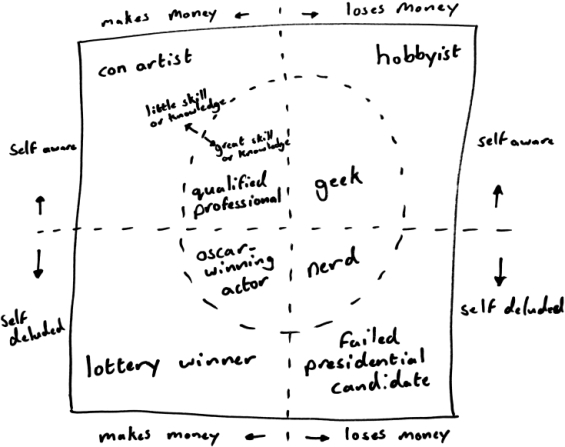
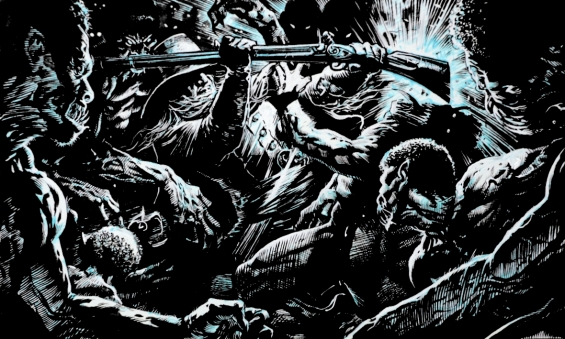
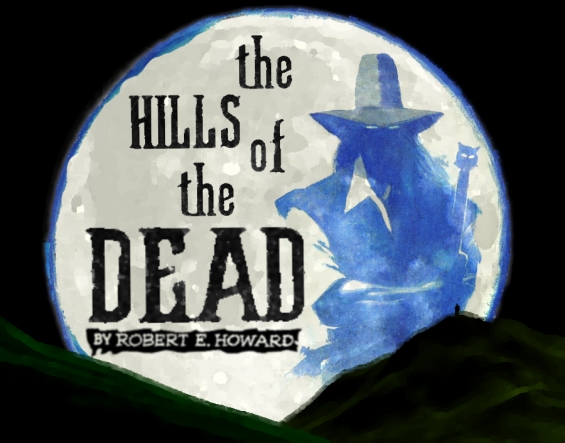
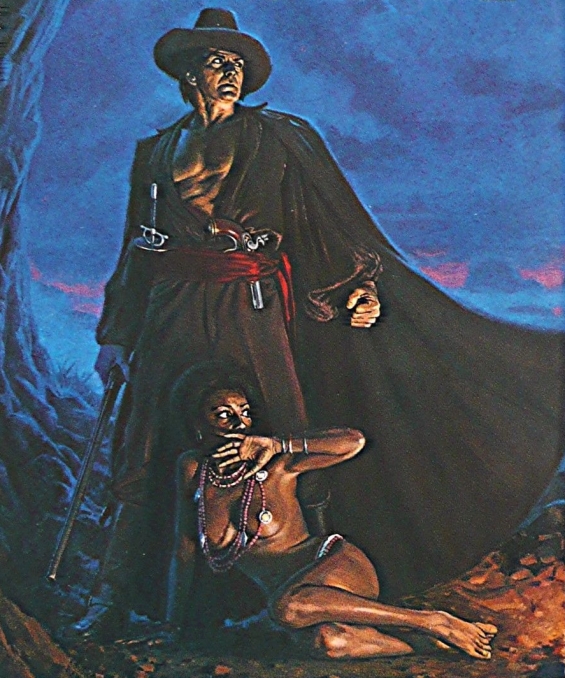
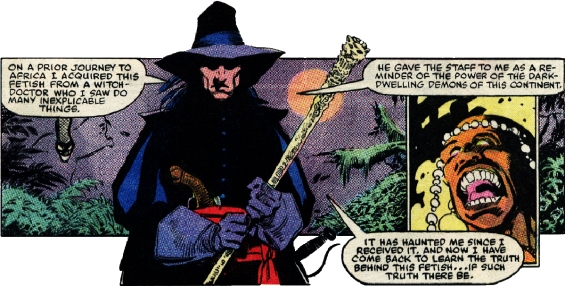

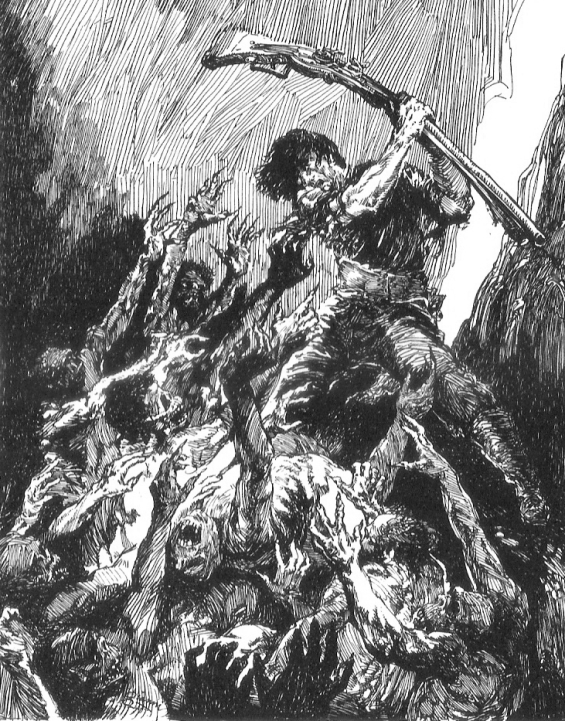
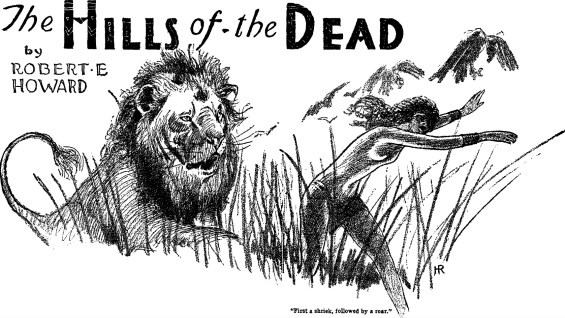
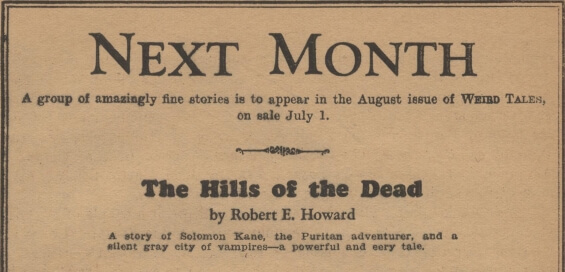

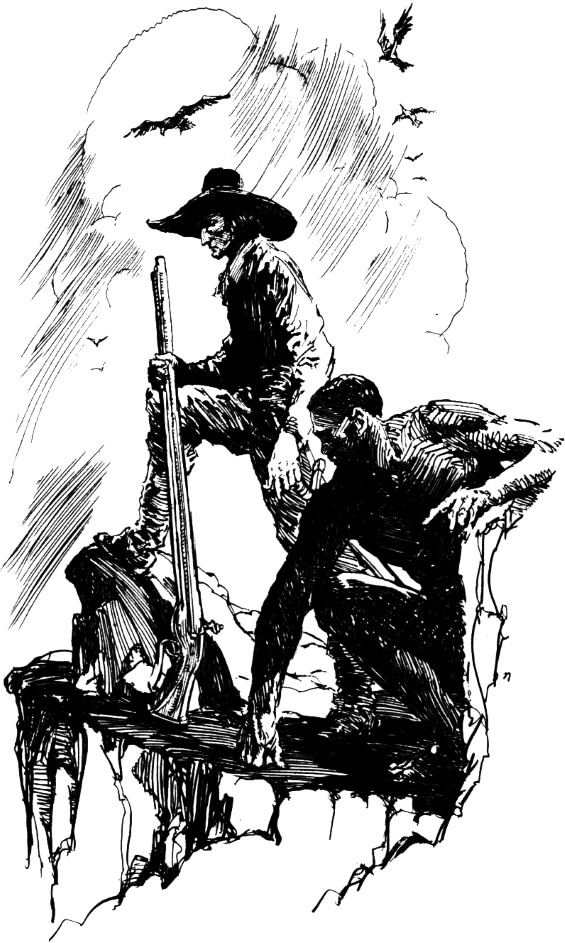
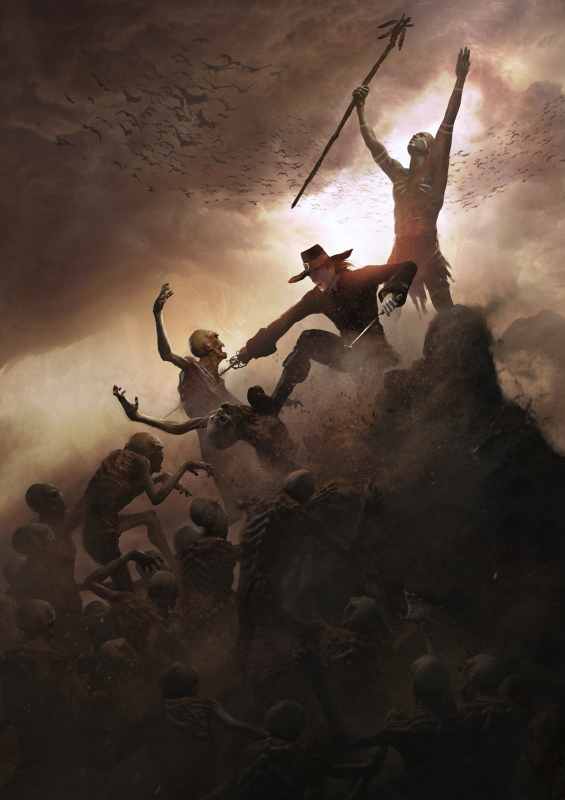


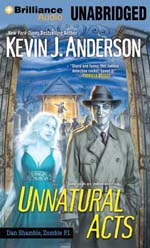 Unnatural Acts (Dan Shamble P.I. #2)
Unnatural Acts (Dan Shamble P.I. #2)

 Herbert West – Reanimator
Herbert West – Reanimator